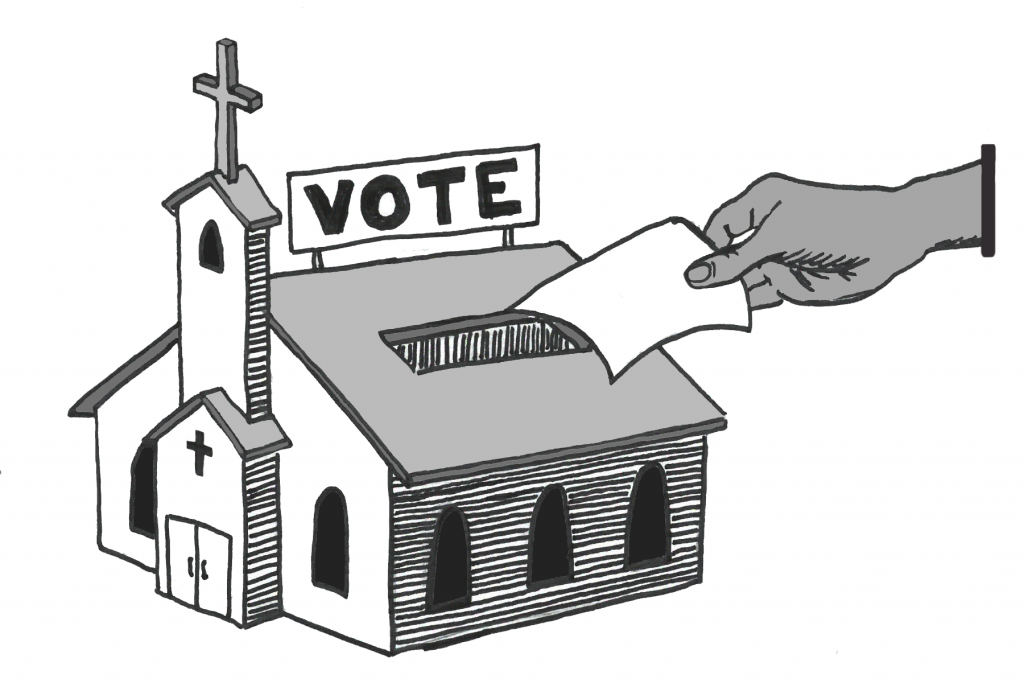Whether you think the internet was the greatest advancement of humanity or the beginning of its undoing, it is undeniably integrated into today’s society. In the context of the pandemic, access to online resources has become synonymous with receiving an education. At Virginia Wesleyan, we are very privileged to have the opportunity to learn in person. However, much of our coursework continues to be conducted online through applications like Zoom, Google Classroom, and Blackboard. In spite of the increase in online traffic on campus, it appears that our connection to the web is hanging on by a thread instead of growing stronger.
Many students on campus lament poor internet access for a variety of reasons. First, it is challenging to connect. After the cyber attack on our network in fall of 2019, our network security was amped up to require all students to install anti-virus software. This is an interesting response to an independent attack that did not originate on campus, but increased security is not a bad thing inherently. Nevertheless, students with software installed are still barred from connection because of faulty scanning. On many occasions, they may be connected to the network but unable to use the internet.
This yields the second problem students are challenged with— slow speeds and an inability to use high volume websites. As a personal anecdote, I have “attended” a lot of writing center appointments this semester. Unfortunately, I am never able to open both a google doc and run my meeting because of what I assume are bandwidth issues. Likewise, my roommate and I cannot both effectively attend Zoom calls without one of our connections crashing. Other students have experienced similar issues when it comes to presentations. One such student drives two hours back to their hometown to give presentations because the campus lacks the appropriate internet capacity to accommodate the students’ internship work.
It is my opinion that greater emphasis should be placed on ensuring students have secure access to the internet on campus. As an academic institution, it is not acceptable to value other amenities over students’ education. Given the our competitive e-Sports team has their own network for internet connection, the school has acknowledged the shortcomings of networks like Marlins Open and Marlins Secure but not addressed the needs of the greater campus population with respect to internet access.
By Tess Jones
tmjones@vwu.edu
